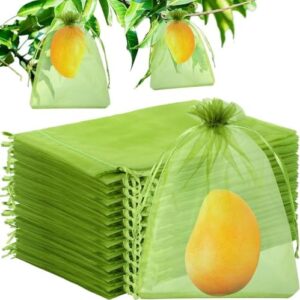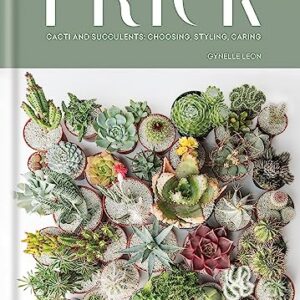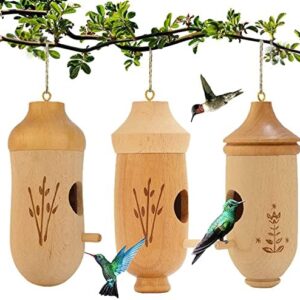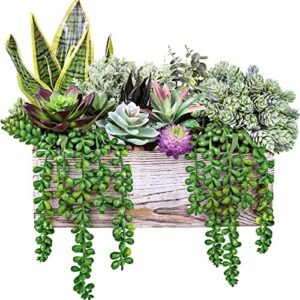Gardening is not just about planting flowers or growing vegetables. It is about nurturing the earth and creating a sustainable environment. From composting to rainwater harvesting, there are a variety of ways to make your garden more eco-friendly and sustainable. These practices not only benefit the environment but can also improve the health and productivity of your plants. In this article, we will explore some simple and practical ways to incorporate sustainable gardening practices into your own backyard oasis.
Let’s start with composting, which is one of the easiest and most effective ways to reduce waste and improve the health of your garden soil. Composting is a natural process in which organic materials such as food scraps, yard waste, and other biodegradable materials are broken down by microorganisms into nutrient-rich compost. This compost can then be used as a natural fertilizer for your plants, providing them with essential nutrients and improving soil structure.
To start composting, all you need is a compost bin or pile in a sunny spot in your garden. You can add a variety of materials to your compost, including fruit and vegetable scraps, coffee grounds, eggshells, grass clippings, and leaves. It is important to maintain a good balance of green materials (such as kitchen scraps) and brown materials (such as leaves and straw) to ensure that your compost breaks down effectively. Turn your compost regularly to aerate it and speed up the decomposition process.
Composting not only helps to reduce waste and improve soil health, but it also reduces the need for chemical fertilizers, which can be harmful to the environment. By recycling organic materials and creating your own natural fertilizer, you can create a healthier and more sustainable garden environment.
Another important practice in sustainable gardening is rainwater harvesting. Collecting rainwater is a simple and effective way to conserve water and reduce your reliance on municipal water supplies. By capturing rainwater from your roof or other surfaces, you can store it in barrels or tanks and use it to water your plants, reducing your water bill and conserving this precious resource.
To set up a rainwater harvesting system, you will need a rain barrel or tank, a downspout diverter, and a filter to remove debris and contaminants from the water. Place your rain barrel under a downspout to collect water from your roof when it rains. Make sure to keep the barrel covered to prevent mosquito breeding and algae growth. You can then use the collected rainwater to water your garden, reducing the need for treated water from the municipal supply.
Rainwater harvesting not only helps to conserve water and save money, but it also reduces runoff and erosion, improves soil moisture, and provides plants with fresh, clean water. By collecting rainwater in your garden, you can create a more sustainable and eco-friendly outdoor space.
In addition to composting and rainwater harvesting, there are many other sustainable gardening practices that you can incorporate into your garden. Planting native and drought-resistant plants, using organic and natural fertilizers, mulching your garden beds, and attracting beneficial insects are just a few examples of ways to create a more sustainable garden environment.
Native plants are well-adapted to the local climate and soil conditions, requiring less water and maintenance than exotic species. By choosing native plants for your garden, you can create a low-maintenance and eco-friendly landscape that supports local wildlife and biodiversity. Drought-resistant plants are also a great choice for water-wise gardening, as they can survive with minimal irrigation and thrive in dry conditions.
Using organic and natural fertilizers, such as compost, manure, and organic mulches, is another important practice in sustainable gardening. These materials provide plants with essential nutrients, improve soil structure, and promote healthy root growth. By avoiding chemical fertilizers and pesticides, you can protect the environment, reduce water pollution, and support soil health.
Mulching your garden beds with organic materials such as straw, leaves, or wood chips can help to conserve moisture, suppress weeds, and improve soil fertility. Mulch also provides a protective layer on the soil surface, preventing erosion, reducing compaction, and insulating plant roots from temperature extremes.
Attracting beneficial insects, such as ladybugs, lacewings, and bees, to your garden can also help to control pests and pollinate your plants. These insects feed on harmful pests, such as aphids and caterpillars, reducing the need for chemical pesticides. By creating a diverse and ecologically balanced garden ecosystem, you can minimize pest problems and promote plant health.
By incorporating these sustainable gardening practices into your garden, you can create a beautiful and eco-friendly outdoor space that benefits the environment and supports plant and soil health. From composting to rainwater harvesting, there are many simple and practical ways to make your garden more sustainable and resilient. By adopting these practices, you can become a steward of the earth and enjoy the many benefits of sustainable gardening for years to come.






